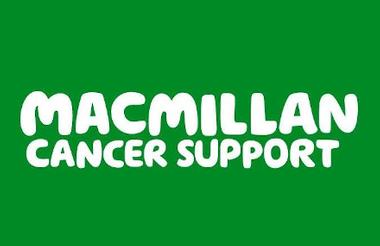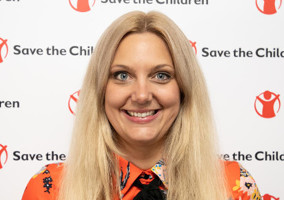Charities should work more collaboratively to embrace technology and reinvent their business models, Macmillan’s IT lead said last week.
Roxanne Heaton, chief information officer at Macmillan Cancer Support, delivered the opening plenary at Civil Society Media’s Fundraising Live and Charity Technology conference on Wednesday.
She said her view is that technology should enable colleagues to do their jobs well and “focus more time energy and resources on those face-to-face services for the people we serve”.
While Macmillan is a large charity, she knows that there “are many people with cancer who we are not reaching” because the charity has contact with just 34% of people at the point of diagnosis.
“This shows that we need to be relevant to that 66%,” Heaton said.
Another issue is that demand is increasing, for example Macmillan is receiving an “unprecedented” number of phone calls to its support line.
“Now more than ever we need to continue to evolve by learning, by unlearning and relearning,” she said.
‘Technology should be an accelerator’
Heaton emphasised the importance of focusing on the user.
She said: “My ambition for Macmillan is that technology is an accelerator.”
This means it should make things more efficient and “fuel innovations” by “understanding the problems people want to solve”.
She added: “What technology does is open up whole new areas of opportunity, finding these new and better ways.”
Challenge for established charities
She explained that the larger established organisations have developed ways of solving problems that were once the most effective, but can struggle to adapt.
“Either they [established organisations] have to reinvent themselves, as proactively as possible and fuelled by ambitions. Or, if slower, fuelled by fear, or the consumers find a new organisation.”
She said some established organisations can struggle with this because teams operate in silos and “hardly anybody can see that seeing the big overall view picture”.
More sector collaboration
Heaton urged charities to look at ways they can work together on technology projects, to avoid everyone doing the same work where there are common processes and no competition.
“Let’s share our approaches, challenges, risks and learnings,” she said. “No-one has enough cash to do everything alone. And the outcomes we all want to achieve at the core are to help. So let’s help each other.”
Macmillan has already begun working with others and “we want to do so more”.
This peer sharing work “inspires and invigorates our team”.
Related articles










